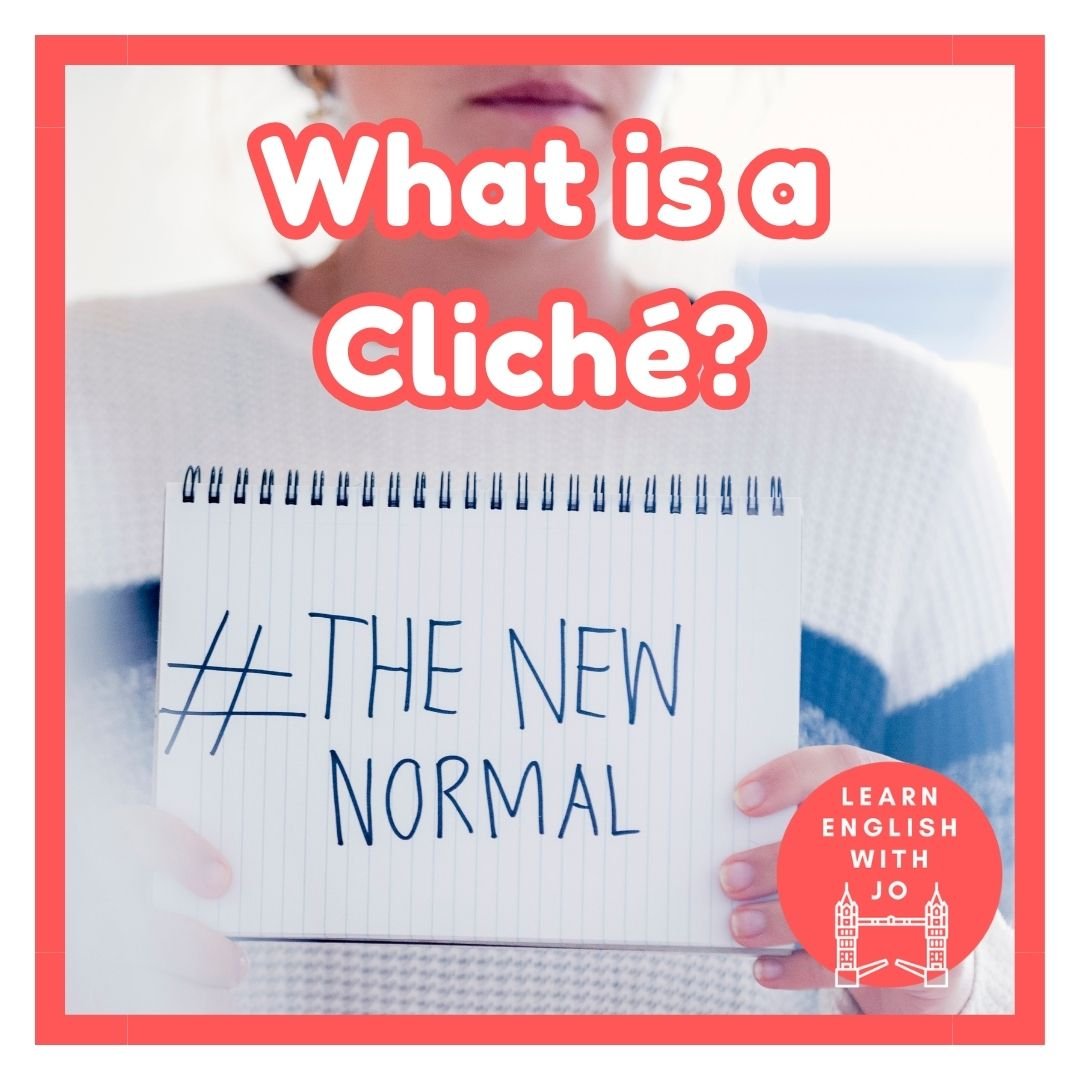What is a cliché?
A cliché, in simple terms, is a phrase or expression that has been used so frequently that it has lost some of its original impact. These phrases have become so ingrained in our language that they often evoke a sense of familiarity. While some may view clichés as overused and lacking creativity, they still hold a special place in our communication toolbox.
Origins of the word cliché
The word "cliché" itself has an interesting origin. It can be traced back to the French printing industry in the mid-19th century. Printers used movable type for typesetting, where commonly used phrases or blocks of text were cast in metal. These blocks, known as "stereotypes," were easily reproduced and saved time. However, over time, the repeated use of these stereotyped phrases began to lose their originality and impact, leading to the adoption of the term "cliché" in the printing industry. Eventually, it found its way into the realm of language and became associated with the concept of overused expressions.
Learn English with Jo on YouTube
Examples of Clichés
Clichés can be found in various aspects of our lives, from literature and movies to everyday conversations. Here are a few examples to illustrate their prevalence and meaning:
Break a leg! - This phrase is commonly used to wish someone good luck, particularly before a performance. Its origin is believed to come from the superstitious belief that directly wishing someone good luck might bring them bad luck. Hence, wishing the opposite, like breaking a leg, became a common theatrical expression.
Actions speak louder than words. - This cliché highlights the importance of actions over mere promises or words. It emphasizes that what we do carries more weight and meaning than what we say.
Time flies. - We often find ourselves using this cliché to express how quickly time seems to pass. It signifies the feeling of time slipping away rapidly, leaving us longing for more.
Better late than never. - This cliché implies that it is preferable to complete or achieve something, even if it is delayed, rather than not doing it at all.
In the heat of the moment. - This phrase describes a situation where emotions or tensions run high, often leading to impulsive actions or decisions.
Plenty more fish in the sea- This cliché is used to console someone whose romantic relationship has ended by pointing out that there are many other people with whom they may have a successful relationship in the future.
The New Normal - A modern cliché.
The phrase "the new normal" has become a common cliché, particularly in recent times. It refers to the idea that the current state of affairs or circumstances has changed significantly and permanently, requiring individuals and societies to adapt and embrace a new way of living or operating.
The origin of the term "the new normal" can be traced back to the aftermath of major global events or shifts that lead to lasting changes in society. For example, after the financial crisis of 2008, there was a widespread recognition that the economic landscape had changed, and people had to adjust to a new set of circumstances and expectations.
In recent years, the term has gained prominence due to the COVID-19 pandemic. As the world grappled with the effects of the pandemic, it became evident that certain practices, such as wearing masks, practicing social distancing, and remote work or learning, would become more prevalent and endure beyond the immediate crisis.
‘The new normal’ has since been used to describe the adjustments and adaptations made in response to the pandemic, including changes in work environments, educational settings, social interactions, and even mental and emotional well-being. It reflects the acknowledgment that certain aspects of daily life have permanently shifted and will continue to shape our future experiences.
While the phrase ‘the new normal’ can be seen as a cliché, it serves as a concise way to capture the profound and lasting changes brought about by significant events. It allows us to convey the idea that we are in a transitional phase where we need to embrace and adjust to the transformed reality around us.
However, it is essential to be mindful of using the phrase thoughtfully and in appropriate contexts, considering the potential for overuse or oversimplification of complex situations. As language evolves, it's always worth exploring alternative ways to express the concept of a changed and enduring reality to maintain freshness and avoid relying solely on clichés.
Embracing the Charm of Clichés
While clichés may be considered overused, they still serve a purpose in our language. They act as linguistic shortcuts, allowing us to convey complex ideas or emotions quickly. Clichés can also create a sense of familiarity and connection between speakers, making conversations smoother and more relatable.
Clichés, like old friends, may be predictable and well-known, but they still have their place in our language. By understanding their origin and appreciating their impact, we can harness their power to enrich our conversations.

